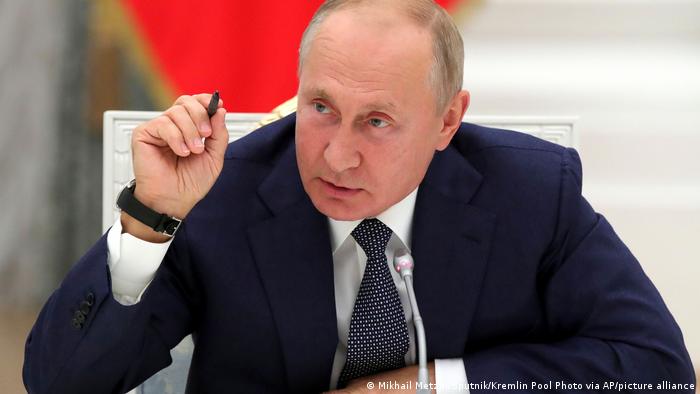European Union (EU) permanent representatives plan to start discussions on the possible confiscation of Russian assets and their potential use for the reconstruction of Ukraine at a meeting in Brussels on Nov. 30, according to the event’s provisional agenda.
On Monday, the EU Council approved the decision to include circumvention and violation of European sanctions in the list of EU criminal offenses.
This measure will pave the way for the confiscation of Russian assets in the European Union, EU Commissioner for Justice Didier Reynders said in October.
The “use of frozen assets to support Ukraine’s reconstruction” is included for the first time among the foreign affairs issues which the EU permanent representatives intend to discuss with the European Commission on Nov. 30.
In addition, the list of themes to be raised at the EU Justice and Home Affairs Council includes the “Directive on asset recovery and confiscation. Policy debate.”
Western countries have frozen Russia’s foreign currency reserves and halted international payments from Russian banks as part of sanctions against Moscow after it launched a special military operation in Ukraine on Feb. 24.
In total, the EU member states have frozen 17.4 billion euros (or 18 billion dollars) of Russian assets, with funds distributed unevenly throughout the union, according to Reynders.
In October, EU leaders instructed the European Commission to prepare proposals on the use of Russia’s frozen assets to finance the restoration of Ukraine.
Moscow has repeatedly said that the EU’s attempts to confiscate frozen Russian assets are an expropriation of property, a violation of the European Constitution and international law.
Kremlin spokesman Dmitry Peskov has told Sputnik that Russia will do everything possible to return the seized assets, given their illegal seizure.








